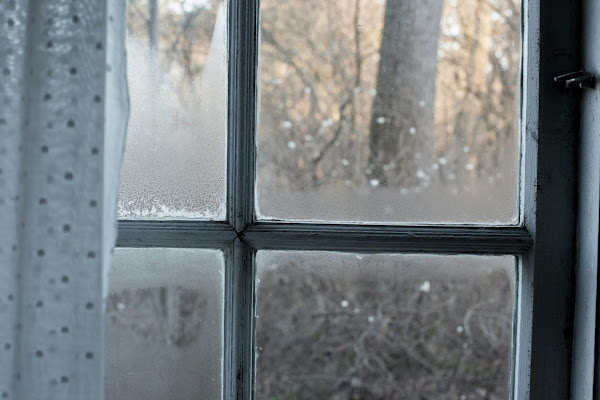Assess Your Needs and Goals
Additionally, evaluate the current condition of your windows. Look for signs of damage, such as cracks, gaps, or moisture buildup. Assess their energy efficiency by checking for drafts or temperature variations near the windows. This initial assessment will guide you in selecting the right type of replacement windows and prioritizing areas that need immediate attention.
Choose the Right Type of Windows
Double-Hung Windows: These classic windows feature two operable sashes that slide vertically, allowing for easy ventilation and cleaning.
Casement Windows: Hinged on one side, casement windows open outward like a door, providing excellent ventilation and a tight seal when closed.
Sliding Windows: Ideal for contemporary homes, sliding windows have sashes that slide horizontally, making them easy to operate and maintain.
Awning Windows: Hinged at the top and opening outward, awning windows are great for ventilation while offering protection from light rain.
Fixed Windows: Also known as picture windows, fixed windows do not open but provide unobstructed views and maximum energy efficiency.
Materials: Common window materials include vinyl, wood, aluminum, and fiberglass. Each material has its advantages and considerations in terms of durability, energy efficiency, maintenance, and cost.
Thermoplastic composites, for example, can give strength and thermal insulation, contributing to their growing use in modern window designs. Besides choosing the main material for your windows, understanding how these components are securely bonded together is crucial for ensuring their durability and efficiency. For instance, an MS polymer-based adhesive in AU is highly effective for creating a strong bond, significantly enhancing a window's resistance to various elements. Known for its resistance to UV rays and harsh weather conditions, this type of adhesive ensures that windows remain sealed and perform optimally for years. This approach, combining innovative materials like thermoplastic composites with effective adhesives such as MS polymers, underscores the importance of both selection and assembly techniques in window construction.
Select windows that not only complement your home's architecture but also meet your functional and aesthetic preferences while considering long-term performance and maintenance requirements.
Prioritize Energy Efficiency
Low-E Coatings: These coatings reduce heat transfer, UV rays, and glare while enhancing insulation and comfort.
Multiple Panes: Double or triple-pane windows with gas fill (e.g., argon or krypton) provide better insulation and noise reduction compared to single-pane windows.
Insulated Frames: Opt for windows with insulated frames that prevent heat transfer and condensation, enhancing overall energy efficiency.
By prioritizing energy efficiency, you not only save on utility bills but also contribute to environmental sustainability.
Hire a Professional Installer
When selecting an installer, consider their experience, certifications, insurance coverage, and customer reviews. Obtain multiple quotes, compare services offered, and ask about warranties for both the windows and installation work. A skilled installer can ensure that your new windows are installed correctly for optimal performance and longevity.
Prepare for the Replacement Process
Communicate with the installer regarding any specific requirements or preferences you may have. Discuss the timeline, project milestones, and any potential challenges that may arise during the installation. Being prepared and proactive can minimize disruptions and ensure a successful window replacement experience.
Maintain and Care for Your New Windows
Consider investing in window treatments such as blinds, shades, or films to protect your windows from excessive sunlight, improve privacy, and enhance energy efficiency. Regularly check for signs of wear, damage, or air leaks, and address them promptly to prevent costly repairs or energy loss.
By maintaining your new windows properly, you can enjoy their benefits for years to come while keeping your home comfortable and energy efficient.
Replacing windows at home is a significant investment that can enhance your property's value, energy efficiency, and aesthetic appeal. By following these six essential tips—assessing your needs, choosing the right windows, prioritizing energy efficiency, hiring professional installers, preparing for the process, and maintaining your windows—you can ensure a successful and rewarding window replacement project.
Remember to research thoroughly, consult with experts, and prioritize quality and functionality when selecting replacement windows. With careful planning and attention to detail, you can transform your home with beautiful, efficient windows that meet your needs and exceed your expectations.









No comments
Thank you for dropping by! I would love to hear what you thought. :)
Thanks!
♥,
Diana